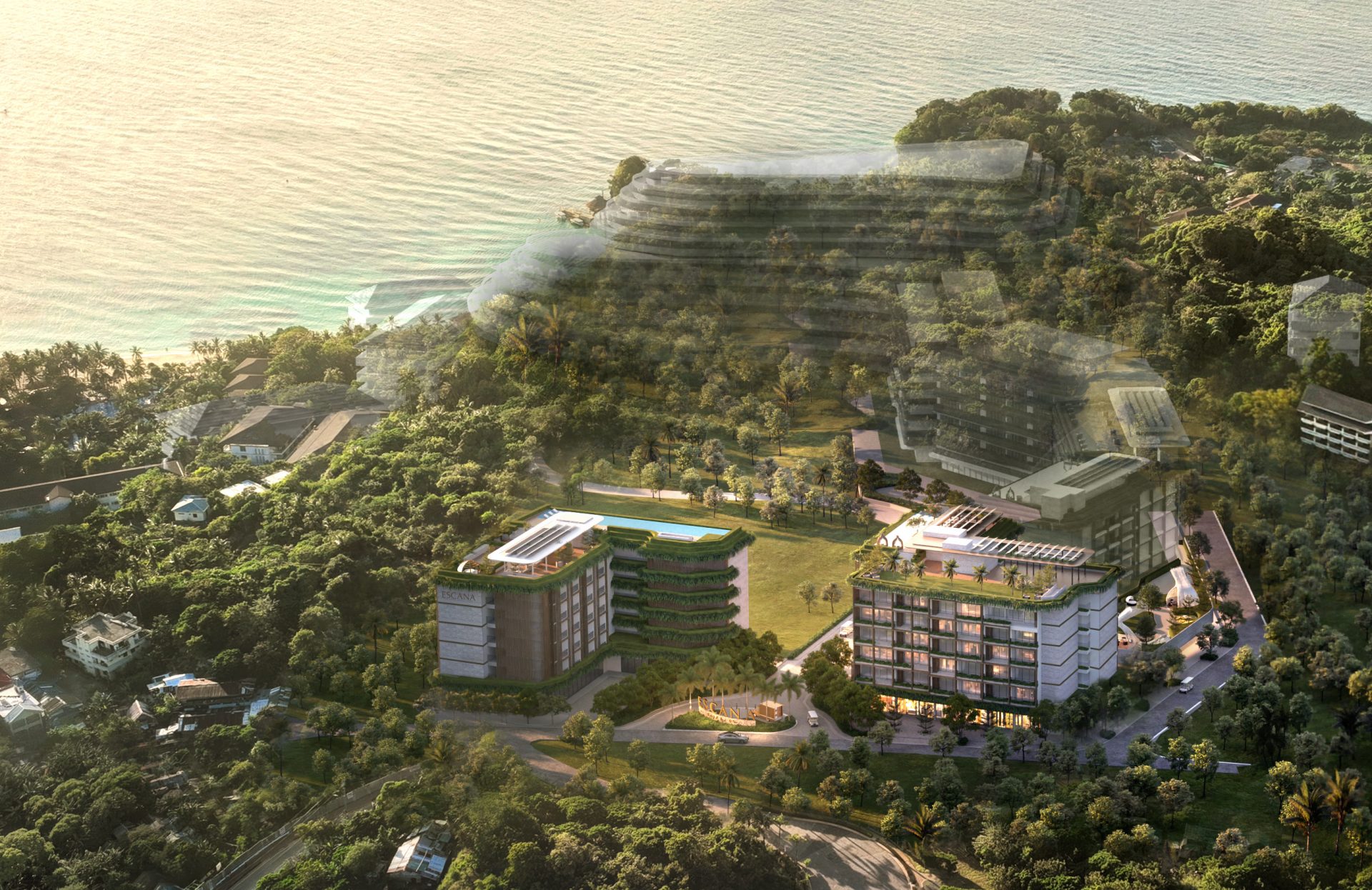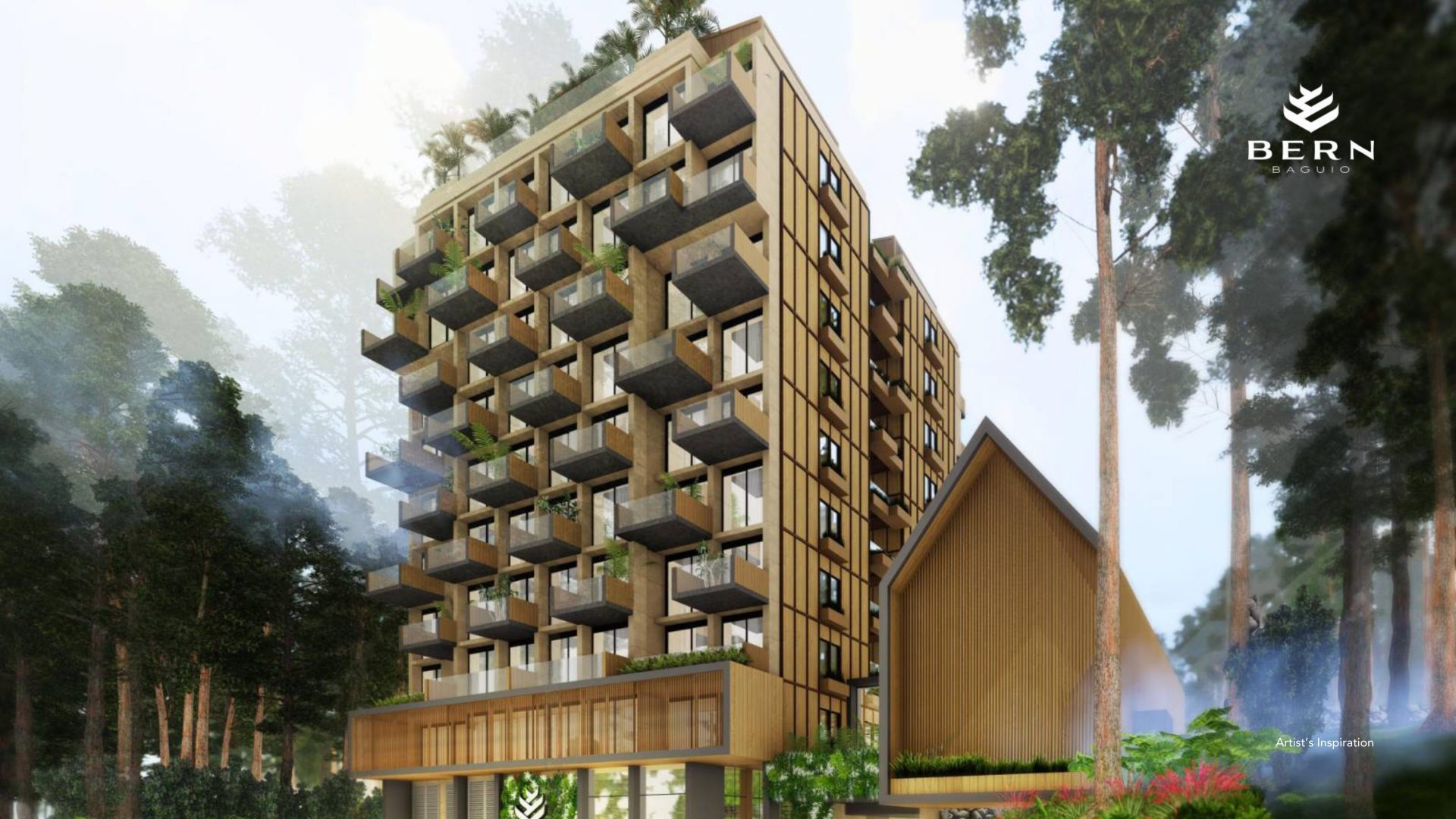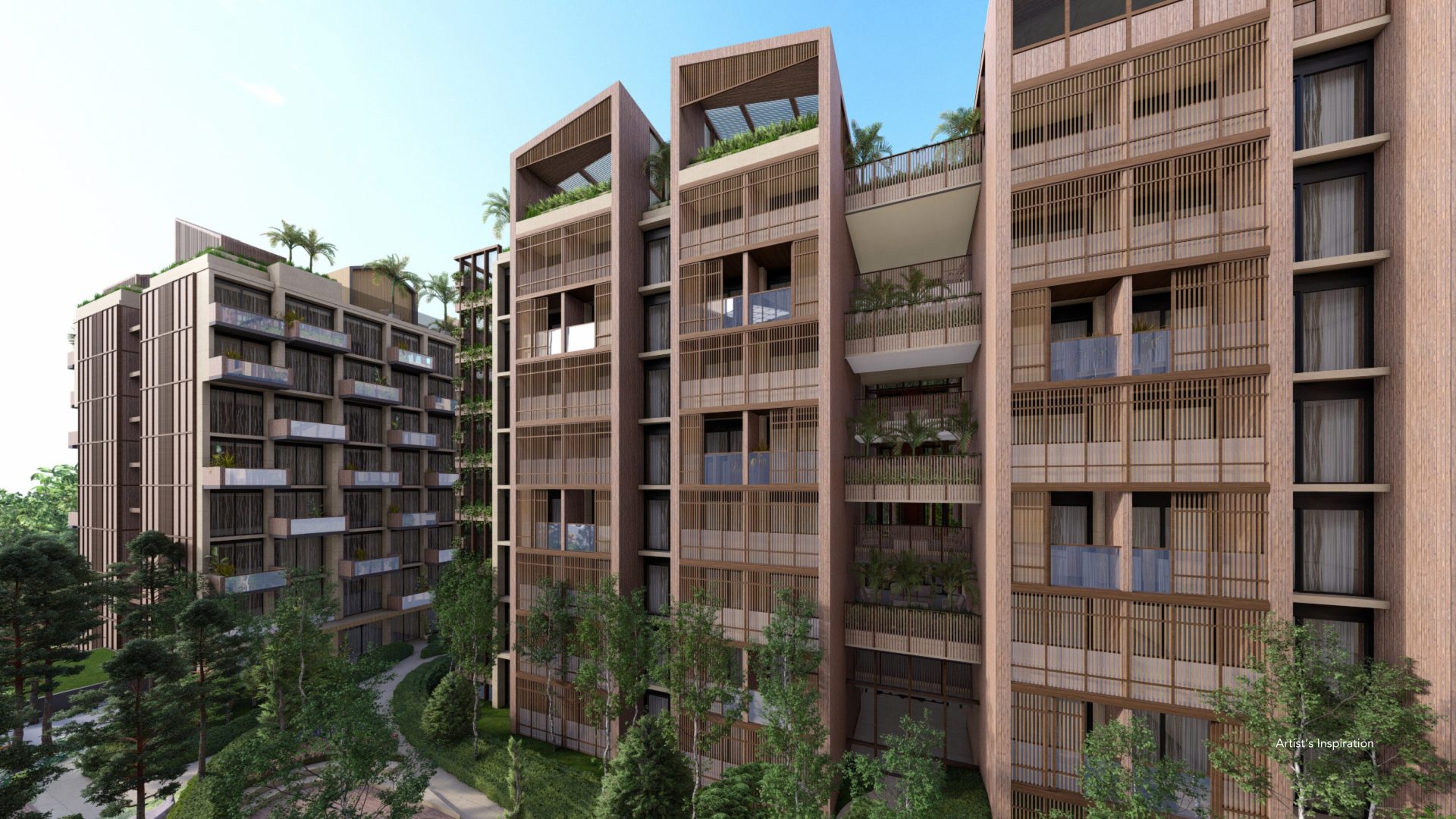BLOGS
How VAT Refund And E-Visa Can Boost Tourism
If your country is looking to boost its tourism revenue, consider exploring the benefits of VAT refunds for shopping and e-visas. In this informative blog post, we’ll look at how these measures can increase tourism and revenue for your country.
The global tourism industry has been heavily impacted by the COVID-19 pandemic, leading to a significant decline in international visitors. Many countries are implementing new measures to attract tourists and boost their economies. Two such measures are VAT refunds and e-visas. VAT refunds allow tourists to receive a refund on the value-added tax paid on goods purchased during their trip, while e-visas allow for a more streamlined visa application process.
This blog will explore how tax incentives for tourism and the creation of tourism packages can help boost travel, create jobs and provide a much-needed economic boost for countries worldwide. We will examine how these measures were implemented in various countries and how they can help make travel more accessible and affordable.
The Philippines VAT Refund Program
The VAT (Value-Added Tax) Refund Program for Foreign Tourists in the Philippines is a government initiative to promote tourism by providing tax refunds to eligible foreign visitors. The program is recommended by the Private Sector Advisor Council (PSAC) and applies to purchases made by foreign tourists, and is expected to be implemented in 2024. The VAT refund claim depends on zero-rated sales and excess input tax.
The VAT paid on the purchases of goods and services used in the production of the zero-rated or effectively zero-rated sales can be claimed as a refund. In the same way, when the VAT paid from the purchases of goods and services used in the course of business exceeds the output VAT, the excess input VAT can be claimed as a refund.
Several countries worldwide have implemented VAT refund systems to encourage tourism and support their local economy. Here are a few examples:
- Singapore – Singapore has a tax refund scheme for tourists known as the Tourist Refund Scheme (TRS). The claim for VAT refund is 7% of Goods and Services Tax (GST) paid on their purchases in Singapore.
- Japan – Japan has implemented the Consumption Tax (CT) Refund Program for foreign visitors. The program allows foreign visitors to claim a refund on the 8% consumption tax paid on their purchases at eligible stores in Japan.
- Thailand – Thailand has implemented the VAT Refund claims for Tourists program, which allows tourists to claim a refund on the 7% VAT paid on their purchases made in Thailand.

Travel Tax and e-Visa
The Marcos administration has approved the automatic inclusion of the travel tax in airline tickets. This means that all Filipino and foreign passengers departing from any airport in the country will no longer need to pay the travel tax separately before their flights. Instead, the travel tax shall be integrated into the airline ticket cost.
The travel tax is a fee the Philippine government imposes on individuals leaving the country. The fee helps to fund various programs and projects related to the promotion of Philippine tourism, such as the improvement of tourism infrastructure and the training of tourism industry personnel.
The automatic inclusion of the travel tax with the airline tickets is part of the government’s efforts to streamline travel processes and make them more convenient for passengers. It also aims to reduce the incidence of fraudulent travel tax exemptions and ensure that all travelers contribute to promoting Philippine tourism.
The development of an E-Visa system will allow foreign visitors to apply for a visa online, streamlining the visa application process and reducing processing times. This is expected to make it easier and more convenient for travelers to visit the Philippines, thereby boosting the country’s tourism industry. Scrapping the One Health Pass system, previously the sole requirement for monitoring health, immigration, and customs concerns simplifies travelers’ entry process while ensuring that health protocols are followed.
These proposals represent a positive step forward for the Philippine tourism industry. By simplifying travel processes and enhancing the airport experience, the country can make itself more attractive to foreign visitors and encourage more tourism investments.
The e-Travel App
The proposed e-Travel App in the Philippines is a digital application that aims to streamline and simplify the travel process for local and foreign travelers. The app will be a one-stop shop for all travel requirements, from booking flights and accommodations to completing health and safety protocols.
The e-Travel App is being developed under the administration of the PSAC. Once launched, the app is expected to provide a seamless travel experience for tourists, with features such as:
Electronic visa processing
Foreign visitors can apply online, reducing processing times and simplifying the visa application process.
Contactless travel requirements
The application will allow travelers to digitally submit health and safety requirements, such as negative COVID-19 test results or vaccination records, reducing the need for physical contact and paper-based documentation.
Integration with other travel services
The app will allow travelers to book flights, accommodations, and other travel services through its platform, providing a more comprehensive and convenient travel experience.

Real-time travel updates and alerts
The app will provide travelers with real-time updates on travel advisories, flight schedules, other relevant information, and alerts for any changes or disruptions in their travel plans.
Overall, the e-Travel App is expected to improve the travel experience in the Philippines by making it more convenient, efficient, and safe. The app is currently in development, and its launch date is yet to be announced by the authorities.
The Challenges of Implementing VAT Refund & e-Visa Systems
The implementation of VAT refund and e-visa systems can be challenging for many countries, and some of the key challenges include the following:
Technological Infrastructure
Implementing e-visa and VAT refund systems requires a robust technical infrastructure, which may be lacking in some countries. Upgrading infrastructure can be expensive and time-consuming and may require significant investment.
Coordination with Other Countries
Countries implementing e-visa and VAT refund systems must coordinate with other countries to ensure the designs are compatible. This can be a complex process that requires collaboration and cooperation between different governments.
Security Concerns
E-visa and VAT refund systems involve the exchange of sensitive personal and financial information, which can be a target for hackers and other cybercriminals. Ensuring the security of these systems is essential to prevent fraud and protect users’ privacy.
Cost
Implementing e-visa and VAT refund systems can be expensive and require significant technological, infrastructure, and personnel investment. Countries should carefully balance the potential benefits of these systems against the costs of implementing and maintaining them.
Public Awareness and Education
E-visa and VAT refund systems can be confusing and unfamiliar to some tourists, leading to confusion and frustration. Countries must ensure that tourists know these systems and are educated about how to use them effectively.
The implication of PH Tourism Statistics to Real Estate Investments
An increased number of tourists in the Philippines can positively impact the country’s real estate industry. As more tourists visit the Philippines, the demand for rental properties such as condominium in Davao and condominium in Baguio, and other tourism-related properties increases, leading to higher rental rates and property values.
In the short term, this can benefit property owners and investors, including Brittany Homes, in popular tourist destinations, such as Davao, Palawan, Baguio, and Cebu, where demand for short-term rentals is high. The increased demand for accommodations can also drive new developments and the construction of luxury houses in the Philippines and luxury condominiums.

In the long term, sustained growth in the tourism industry can lead to increased demand for commercial real estates, such as retail space, restaurants, entertainment venues, and office space for tourism-related businesses, including house and lot properties for sale. This can also lead to more job opportunities in the real estate industry and related sectors, such as construction and hospitality.
However, it’s important to note that increased tourism can also bring challenges to the real estate industry, such as infrastructure strain and overcrowding in popular destinations. Thus, the government and private sector stakeholders must plan and implement sustainable tourism policies that balance economic growth with environmental and social responsibility.
Final Thoughts
The implementation of VAT refunds and e-visa systems can greatly boost tourism in countries around the world. By making it easier for tourists to visit and enjoy all that a country has to offer, these systems can help to increase revenue, create jobs, and support local businesses. While there may be some challenges in implementing these systems, the benefits are clear.
As we continue to navigate the ever-changing landscape of global travel, governments, and tourism stakeholders need to work together to find innovative solutions that promote growth and sustainability. By embracing new technologies and policies like VAT refunds and e-visas, we can create a brighter future for the tourism industry and all those who depend on it for their livelihoods.
Suggested Read: PAL To Launch Baguio-Cebu Services In December
Suggested Read: 7 Reasons Why You Should Invest In Davao
Suggested Read: Why Remote Work Should Be Normalized
Suggested Read: A Resort Condo Living At Alpine Villas
Suggested Read: Advantages Of Investing In Tagaytay















